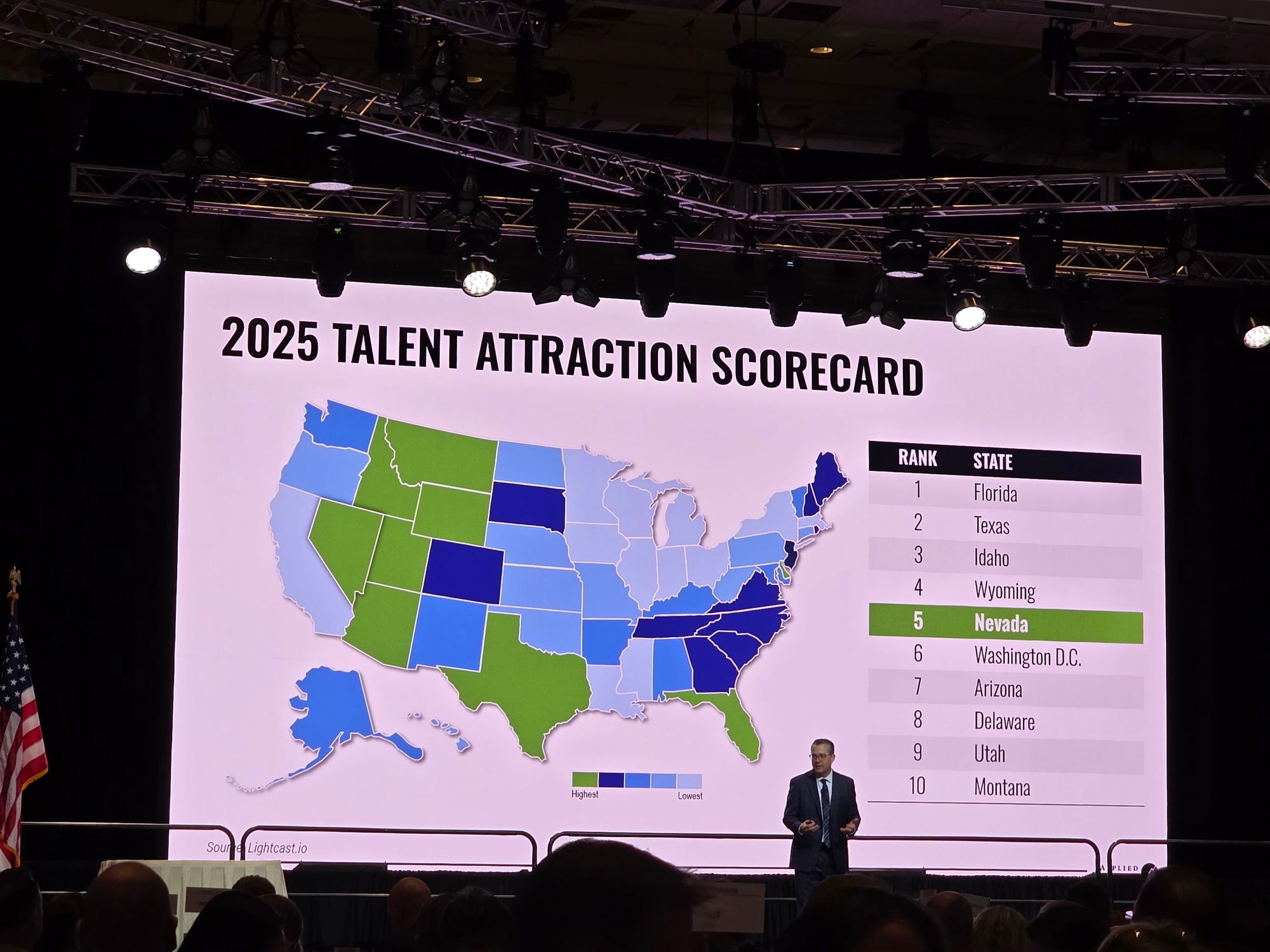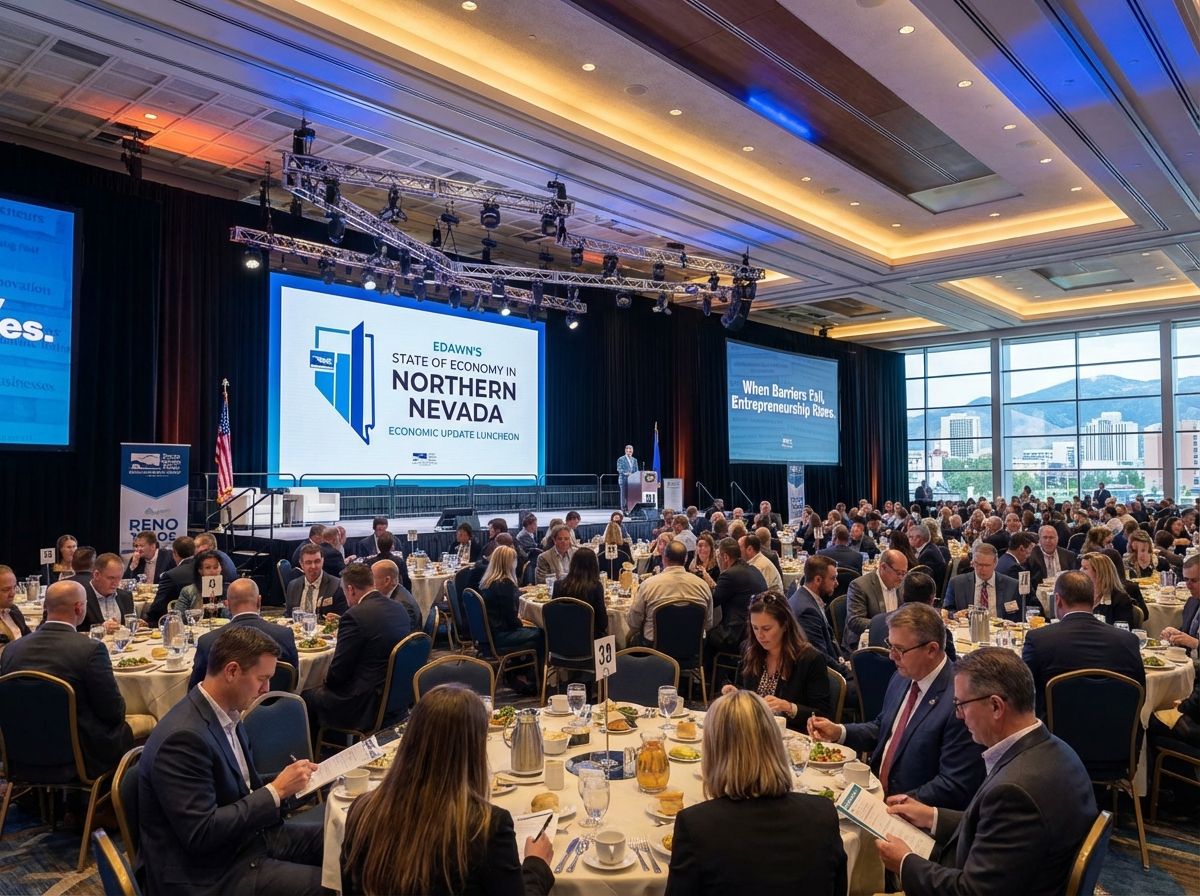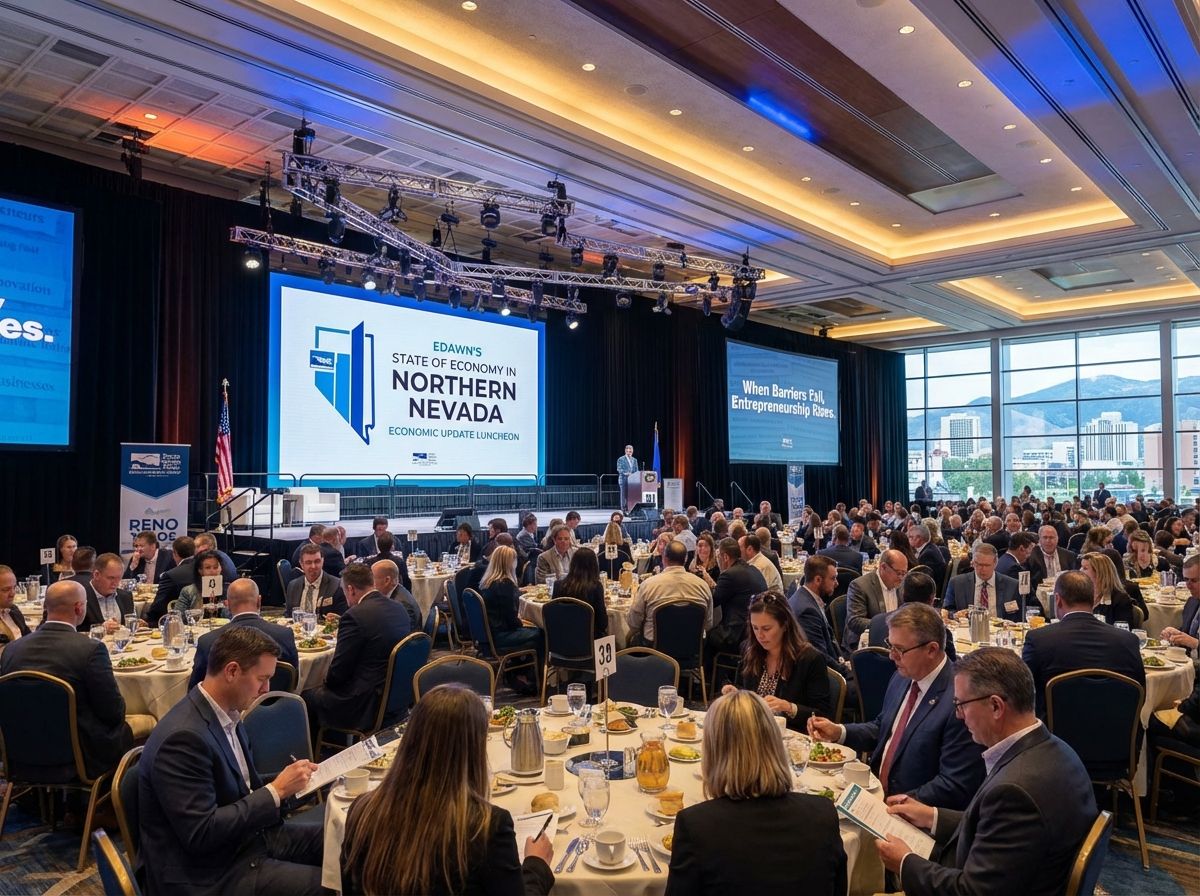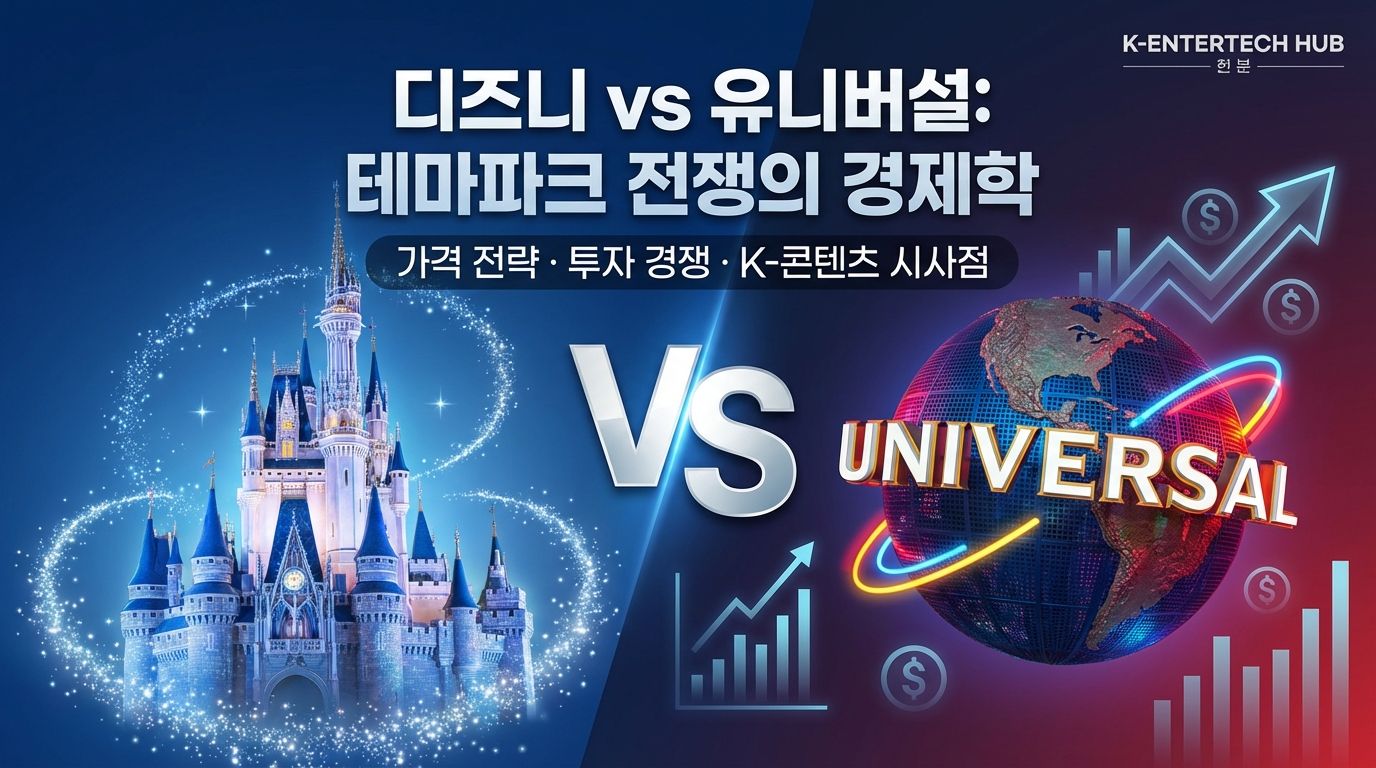[미국 진출]한국의 젊은 부자들, 미국 부동산·스타트업 투자 러시― 영주권·납세자번호 없이도 LLC 통해 진출 가능, 세금·법률 전략이 관건(Korean Millennials Expand U.S. Investments via LLCs-No Green Card Needed)
한국의 젊은 부자들, 미국 부동산·스타트업 투자 러시
― 영주권·납세자번호 없이도 LLC 통해 진출 가능, 세금·법률 전략이 관건
한국의 30대 초중반 젊은 자산가들이 암호화폐 투자로 수백억 원대 자산을 형성하면서, 미국 부동산과 스타트업 시장 진출에 적극적으로 나서고 있다. 최근 한류 열풍과 글로벌 자산 다변화 트렌드, 그리고 국내 암호화폐 과세 유예(2027년까지) 등 정책 환경 변화가 맞물리며, 미국 투자는 더 이상 일부 1% 자산가만의 전유물이 아닌 ‘뉴 노멀’로 자리잡고 있다
미국 투자, 영주권·납세자번호 없이도 가능
윤주호 미국 공인회계사(CPA)는 “영주권이나 납세자번호(소셜번호, ITIN)가 없어도 외국인은 미국 내 부동산 및 사업 투자에 참여할 수 있다”고 강조한다2. 실제로 하우스, 콘도, 멀티유닛 아파트 등 레지덴셜 부동산뿐 아니라, 호텔·식당·프랜차이즈 등 다양한 업종에 대한 투자 문의가 꾸준히 증가하고 있다.
특히 부동산 투자의 경우, 유한책임회사(LLC) 설립이 가장 선호되는 방식이다. LLC는 설립 및 유지가 간편하고, 세법상 유연성이 높아 외국인 투자자에게 적합하다. 현지 파트너나 매니저와의 협업도 용이하며, 회계사나 변호사 등 제3자를 파트너로 두는 것도 가능하다. 이처럼 LLC를 통한 투자 구조는 한국 등 외국 자본의 미국 진출에 실질적인 장점이 많다.
투자 절차와 송금, 그리고 외환관리
미국 현지에 법인을 설립하고 은행 계좌를 개설했다면, 한국에서 투자금을 송금할 수 있다. 한국 법인이 출자금을 송금하는 경우, 미국 법인의 주식증권을 취득하는 형태로 신고해야 하며, 현지 법인 투자명세서를 매년 한국 외국환거래은행에 제출해야 한다. 이 같은 외환관리 규정 준수는 자산 이동 과정에서 반드시 챙겨야 할 부분이다.
소득 유형별 세금구조와 LLC의 장점
미국 내 소득은 근로소득, 임대소득, 양도소득, 이자·배당소득 등으로 나뉜다. 영주권이나 워킹퍼밋이 없는 외국인은 근로소득은 불가하지만, 임대·양도·이자·배당소득은 얼마든지 가능하다. LLC는 일반적으로 파트너십(조합) 형태로 세금보고를 하며, 법인 자체에 연방 법인세가 부과되지 않고, 각 파트너가 K-1을 통해 개인소득세로 신고한다. LLC와 같은 패스스루(pass-through) 기업은 이익금의 20%를 공제받는 세금 혜택도 누릴 수 있다256.
외국인 소유 LLC의 경우, 이익 발생 시 원천징수(Backup withholding)가 적용되지만, 이후 개인소득세 신고 시 환급받는 경우가 많다. 단, 근로소득이 아닌 임대·배당 등 소득만 수령 가능하므로, 현지 파트너와의 역할 분담이 필수적이다.
사업 투자와 E2 비자, 그리고 법인 형태의 선택
식당이나 호텔 등 사업체에 투자할 경우, 현지 파트너와 함께라면 E2 투자비자를 통한 미국 체류도 가능하다. E2 비자는 비이민 비자지만, 실제 사업 운영과 근로소득 발생이 가능해 미국 내 사업 진출을 희망하는 투자자들에게 실질적인 대안이 되고 있다. 윤주호 CPA는 “사업 진출은 E2 비자를 받아 진행하는 것이 현실적이며, 코퍼레이션(C-corp) 설립도 무난한 선택”이라고 조언한다.
스타트업 진출, VC 투자와 법인 구조
최근에는 ICT 스타트업을 중심으로 미국 진출을 모색하는 사례도 급증하고 있다. 미국은 벤처캐피털(VC)과 투자펀드의 규모가 한국에 비해 월등히 크기 때문에, 잘 준비된 스타트업이라면 투자 유치 기회도 많다. 미국 투자 펀드로부터 투자를 받으려면, 미국 법인 설립(C-corp, LLC 등)이 필수인 경우가 많다. 미국인 공동 창업자 영입, 팀 구성, 현지 자산 유지 등도 투자 유치에 유리하게 작용한다.
윤주호 CPA는 “미국 법인 형태(C-corp, LLC 등)에 따라 투자 유치 후 세금 폭탄을 맞을 수도 있다”며, 반드시 미국과 한국의 세법을 모두 이해하는 회계·법률 전문가와 함께 구조를 짜야 한다고 강조한다. 또한, 트럼프 행정부의 감세 기조, 관세 정책 등 정책 변화에 따라 세제·비자 전략도 유연하게 설계해야 한다고 덧붙였다3.
상속·증여와 미국의 세제 혜택
미국 진출의 또 다른 매력은 상속·증여세 측면에서도 크다. 미국은 2024년 기준, 평생 1,361만 달러(부부는 2,722만 달러)까지 증여·상속에 대해 세액을 전액 공제하는 통합세액공제(Unified Tax Credit) 제도를 운영한다. 이는 한국의 높은 상속·증여세 부담을 우려하는 자산가들에게 미국 투자를 매력적으로 만드는 요인이다2.
부동산 투자, 절세 전략의 핵심
미국 정부는 민간 자본의 부동산 시장 유입을 장려하기 위해 다양한 세제 혜택을 제공한다. 감가상각, 가속 감가상각, 다양한 비용 공제, 손실 상쇄 등 절세 전략을 잘 활용하면 현금 흐름을 극대화하면서 세금 부담을 크게 줄일 수 있다. 부동산 임대소득은 물론, 투자 수익의 일부를 다른 소득과 상계해 세금을 최소화하는 것도 가능하다57.
결론: 전문가와 함께하는 맞춤 전략이 필수
한국의 젊은 자산가와 스타트업들이 미국 시장에 적극적으로 진출하고 있는 가운데, 법적·세무적 리스크를 최소화하고 글로벌 자산가로 성장하기 위해서는 반드시 미국 현지 전문가(회계사, 변호사, 이민 전문가 등)와의 긴밀한 협업이 필수적이다.
윤주호 CPA는 “미국 진출은 단순히 투자만의 문제가 아니라, 법인 구조, 세금, 비자, 상속·증여 등 전방위적인 전략이 필요하다”며, “준비된 투자자라면 미국 시장에서 더 큰 기회를 잡을 수 있다”고 조언한다.
Young Korean Affluent Embrace U.S. Real Estate & Startup Investments—Access via LLC Without Green Card or Tax ID, Strategic Tax & Legal Planning Crucial
Over the past few years, affluent Koreans in their early to mid-30s have amassed substantial wealth—often through cryptocurrency—and are increasingly targeting the U.S. real estate and startup markets. Fueled by the continuing global Hallyu wave, a broader trend toward portfolio diversification, and Korea’s temporary deferral of crypto taxation through 2027, U.S. investments are no longer the exclusive domain of the top 1% but have become a “new normal” among emerging Korean asset holders.
Investing in the U.S. Without a Green Card or SSN
As CPA Yoon Ju-ho emphasizes, foreign investors need neither a U.S. green card nor a Social Security Number (SSN) or ITIN to participate in U.S. property acquisitions or business ventures. Interest spans not only residential real estate—single-family homes, condos, and multi-unit apartment buildings—but also hospitality, restaurants, and franchising opportunities.
LLC Structures Preferred
Limited Liability Companies (LLCs) have emerged as the vehicle of choice: they are simple to form and maintain, offer flexible tax treatment, and facilitate collaboration with local partners or professional managers (including accountants and attorneys). Such pass-through entities enable Korean capital to enter U.S. markets with limited liability and streamlined governance.
Investment Procedures, Fund Transfers & FX Compliance
Once a U.S. entity is established and a bank account opened, Korean investors can wire funds directly from Korea. When a Korean corporation invests, it must report the acquisition of U.S. corporate equity and file an annual Overseas Investment Statement with its foreign-exchange bank. Strict adherence to these foreign-exchange regulations is essential to avoid compliance pitfalls during cross-border capital movements.
U.S. Income Types & the Tax Advantages of LLCs
U.S. income categories include wages, rental income, capital gains, and interest/dividends. Non-resident investors without a work permit cannot earn wages but may receive rental, capital gain, or investment income freely.
Pass-through Taxation: LLCs are typically treated as partnerships. They pay no federal corporate income tax; instead, profits and losses “pass through” to members, who report them on individual U.S. returns via Schedule K-1.
Qualified Business Income Deduction: Pass-through entities can often deduct up to 20% of their qualified business income.
Withholding & Refunds: While backup withholding applies to foreign-owned LLC distributions, investors frequently reclaim a significant portion when filing their U.S. individual tax returns.
Because active business income (e.g. wages) is restricted, roles and responsibilities must be clearly allocated among partners to align with each member’s U.S. tax and immigration status.
Business Ventures, E-2 Visas & Entity Selection
For those investing in operating businesses—restaurants, hotels, retail—partnering with U.S. nationals can facilitate qualifying for the E-2 Investor Visa. Though non-immigrant, the E-2 permits visa holders to manage and earn from their businesses. CPA Yoon advises that structuring through a C-Corporation (C-Corp) is often practical when pursuing an E-2 strategy.
Startup Entry, VC Funding & Corporate Structures
With U.S. venture capital and private‐equity funds dwarfing those in Korea, ICT startups are also flocking stateside. Securing U.S. VC investment generally requires forming a U.S. legal entity—whether a C-Corp or LLC—and often benefits from onboarding American co-founders, building a local team, and demonstrating on-the-ground presence.
Yoon cautions that each entity form carries distinct tax implications post-investment: without careful planning under both U.S. and Korean tax regimes, founders may face unexpected tax liabilities. He underscores partnering with cross-border tax and legal experts to craft robust structures and remain agile amid shifting U.S. policy on rates and tariffs.
Inheritance, Gifting & the U.S. Unified Tax Credit
Another draw is the U.S. estate and gift tax regime. As of 2024, each individual benefit from a lifetime exemption of $13.61 million (or $27.22 million per married couple) under the Unified Credit, sparing substantial transfers from tax. This contrasts sharply with Korea’s comparatively high inheritance and gift taxes, making U.S. investments a strategic element of wealth‐transfer planning.
Real Estate Tax-Saving Strategies
The U.S. government offers a suite of tax incentives to encourage private real estate investment:
Depreciation & Accelerated Cost Recovery: Investors can deduct property depreciation and utilize bonus depreciation for qualifying assets.
Expense Deductions: Mortgage interest, property taxes, insurance, maintenance, and management fees are generally deductible.
Loss Offsets: Passive losses from real estate can often shelter other passive income streams, optimizing cash flow and minimizing taxable income.
Conclusion: Tailored, Expert-Led Strategies Essential
As younger Korean asset holders and startup entrepreneurs navigate U.S. market entry, comprehensive strategies encompassing entity structure, taxation, visas, and estate planning are indispensable. “Investing in the U.S. isn’t just about deploying capital,” notes CPA Yoon Ju-ho. “It requires end-to-end planning—from corporate form to tax treaties to visa pathways—to fully harness opportunities and mitigate risks.” With the right professional guidance, today’s emerging Korean investors stand poised to secure lasting footholds in the world’s largest real estate and innovation ecosystems.






![[보고서]전통 언론사의 크리에이터 전략 대전환](https://cdn.media.bluedot.so/bluedot.kentertechhub/2026/02/0nwc9z_202602100212.png)








